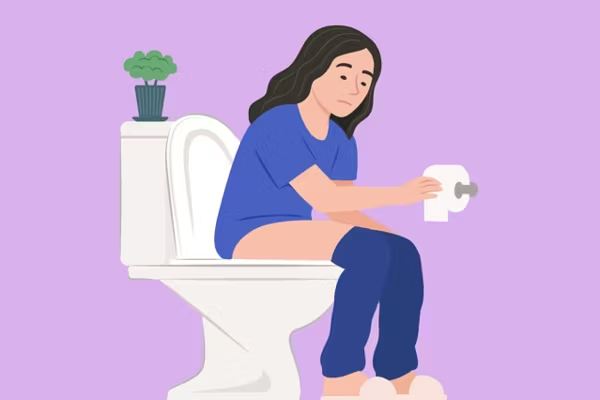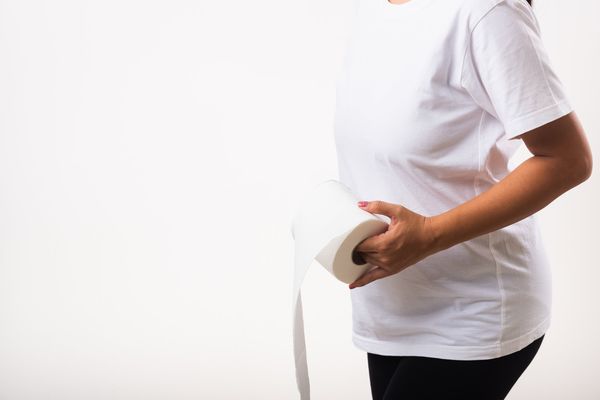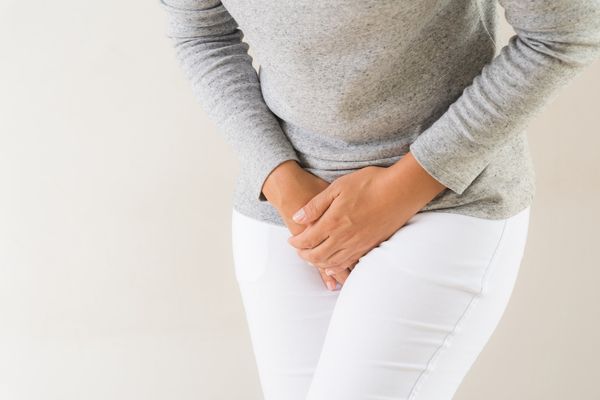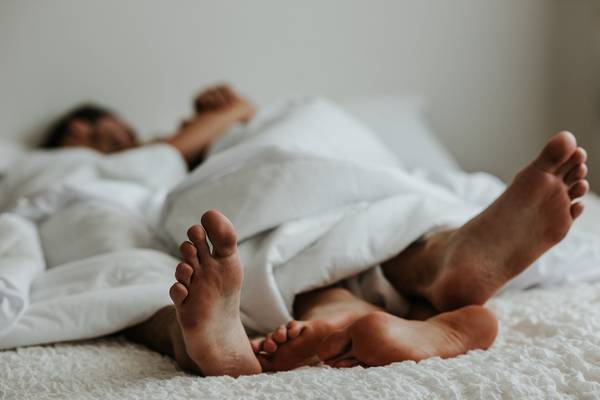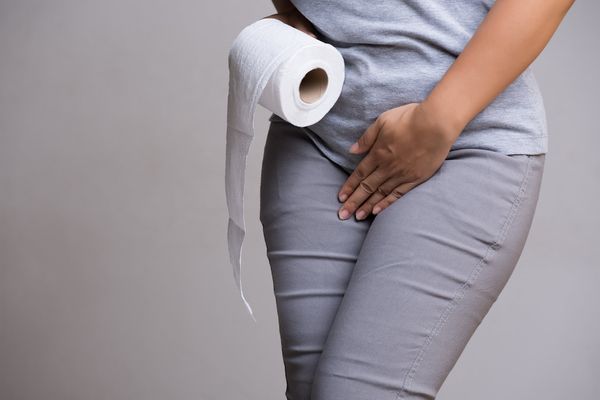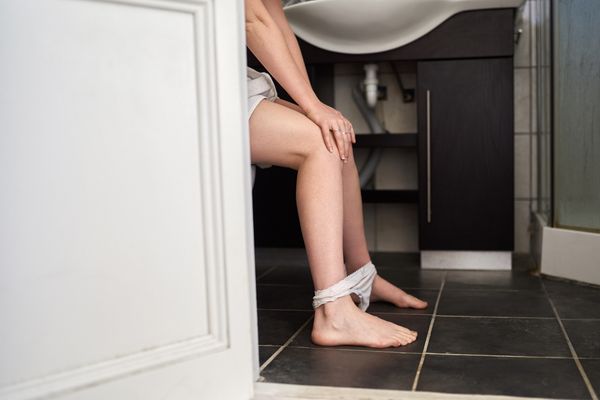By Nicole Kwan
An overactive bladder can disrupt your relationships, social life, and overall quality of life, but it's not a diagnosis that has to upend your life.
It's important to understand what overactive bladder is. The term refers to a collection of urinary symptoms:
- Urgency: You get a sudden, strong need to urinate.
- Frequency: You have to urinate multiple times a day. This number varies by individual, but going more than eight times in 24 hours is considered to be more than normal.
- Incontinence: You involuntarily urinate when you suddenly feel the urge to go.
- Nocturia: You wake up to urinate more than once a night.
There's another type of urinary incontinence, stress incontinence, that occurs when you cough, laugh, or do other physical activity, but that's a separate thing.
Remember: You're not alone. According to the Urology Care Foundation (UCF), overactive bladder affects an estimated 40 percent of women.
When Elizabeth Kavaler, M.D., urogynecologist and urologist and managing partner of Total Urology Care of New York in New York City, works with patients, she starts with behavior modifications like these. While modifications should be personalized to each individual, they may help you with improving your overactive bladder symptoms.
- Keep track of your symptoms. If you're suffering from overactive bladder symptoms, keep a diary and share it with your doctor. You may be able to notice a pattern that may show that certain foods or times when you drink liquids have an impact. Ideally, your doctor will address the issues or refer you to a specialist, but often doctors are focused on more pressing issues like blood pressure, diabetes, and cholesterol, and bladder issues get pushed back, Kavaler says. Having your diagnosis validated by a doctor is a strong start to knowing how to manage it, so if she's not helping, go elsewhere.
- Monitor fluid intake. While we've always heard that drinking this standardized amount of water is healthy, this isn't necessarily the case. "Your body will process fluids based on what you eat, the environment you live in, and exercise," Kavaler says. "Drinking 8 glasses of water a day for one person is too much and not enough for another." What's especially unhealthy about sticking to that "8 glasses" mentality is some of us use it to make up for poor eating and sleeping habits. "We think 8 glasses will compensate, but it doesn't. It makes us go to the bathroom and sometimes wet our pants," Kavaler says.
- Don't think a pill will change everything. If you've been tempted by a supplement focused on a healthy bladder, you may think that alone is enough to control things. Unfortunately, it's not. Eating well, exercising regularly, and sleeping enough are important for bladder health because it's about having a healthy lifestyle, Kavaler says. "A pill won't compensate for any of those things. If they don't happen, you're not going to age as gracefully as you like," she says.
- Re-think when you drink your coffee and wine. Caffeine and alcohol are bladder irritants, which means they make your bladder more reactive, increasing your urge to urinate. If you drink coffee in the morning, but have a long commute, change your routine so you drink coffee once you arrive at your office. That way you'll be near a bathroom when the urge hits. If you regularly wake up at night to urinate, skip drinking wine on a weeknight and save it for the weekend. That way, if your sleep gets disrupted, it won't affect the focus of your workday.
- Avoid overwashing and wiping. When you wear pads to manage an overactive bladder, you may constantly feel the need to clean yourself. All that showering, soap, and wiping isn't good for your skin because it strips you of good, healthy bacteria, Kavaler says. "There's this feeling that there should be nothing, no odor or discharge," she says. "That's not true with the natural cleansing process of the vagina." Keeping this in mind may help you stress less and be mindful of your own habits.
If you think you're experiencing symptoms of overactive bladder, speak with your healthcare provider about your options.
This resource was created with support from Astellas.


